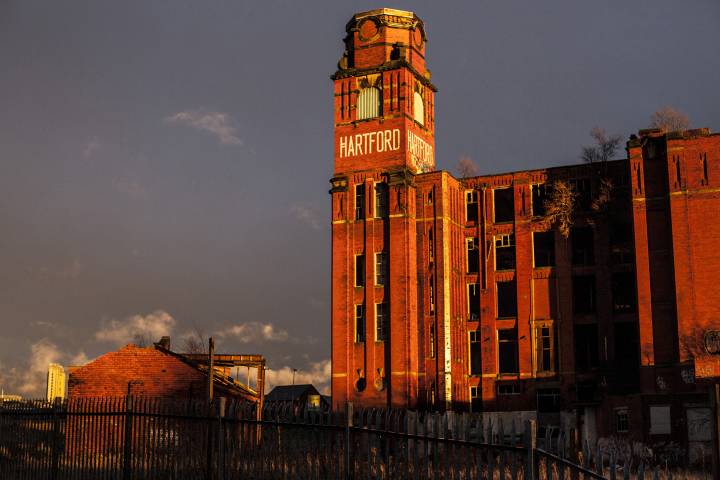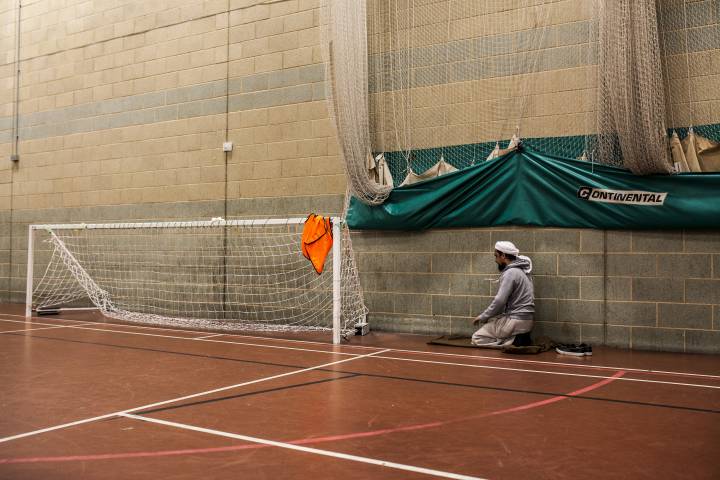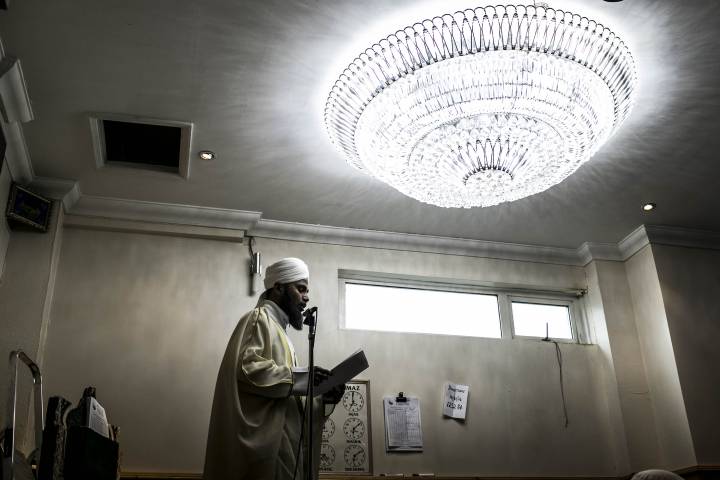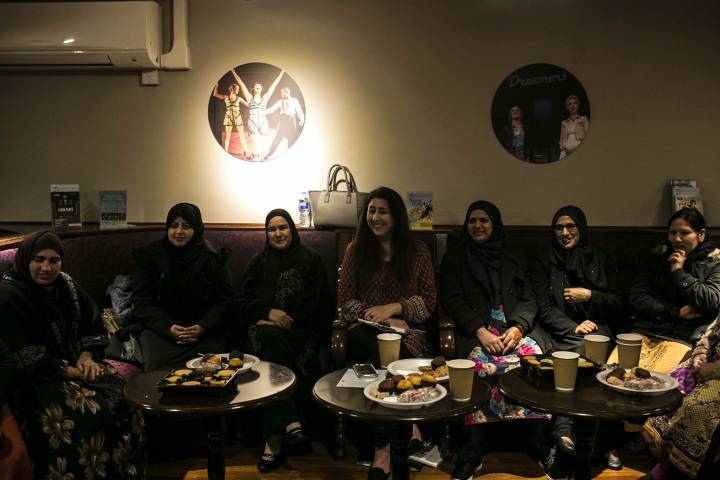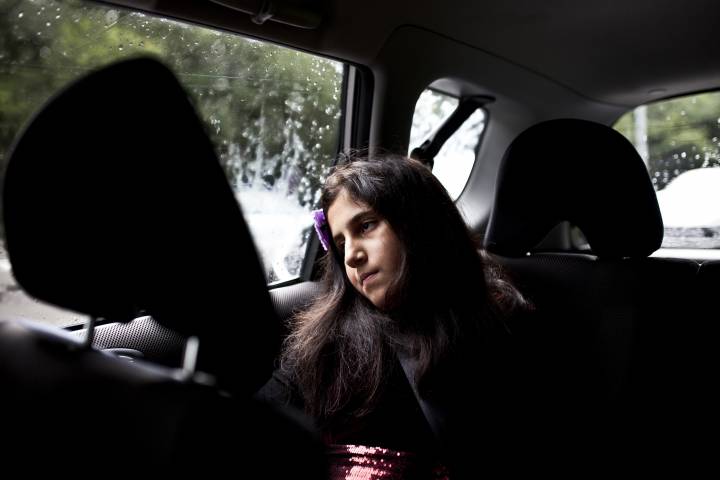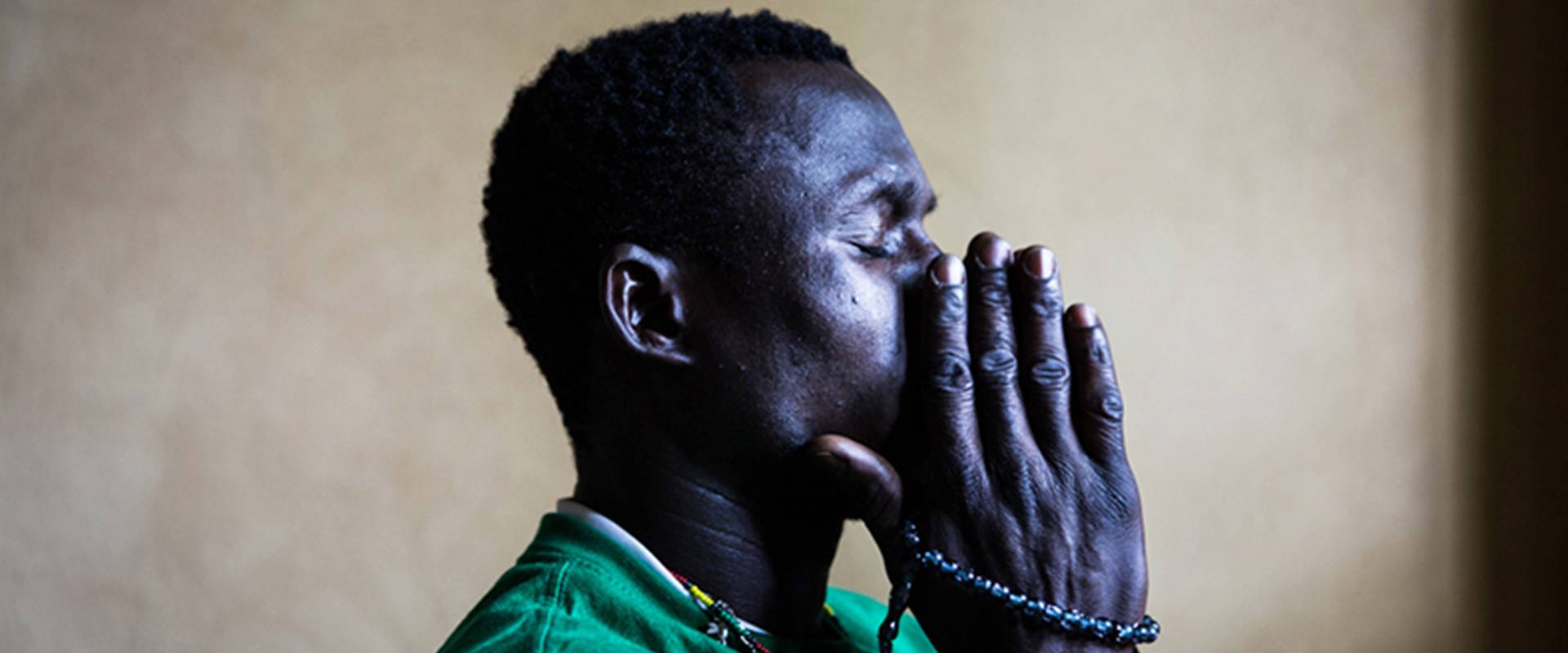Oldham, a post industrial town near Manchester was named as ‘Britain’s most deprived town’ in 2016. Living parallel to a predominantly British working class population, a large community of Asian and British-Asian Muslim people has developed after their predecessors arrived to work in the cotton mills, which have now all closed. Exploring the concept of ‘Parallel Lives’ - which was developed after the Oldham Riots of 2001; this project tells the story of modern Oldham and the local people who are promoting integration through their daily lives.
The concept of ‘Parallel Lives’ is where two ethnic communities live side by side in a town or place yet partake in little social interaction. In towns like Oldham, in northern England, this has lead to poor integration and high levels of community tensions between the perceived indigenous British population and the Asian communities. Demographically the town’s population is made up of 75% White British and 17% Asian or Asian descendant (2011 Census).
The Asian and British-Asian community, who are predominantly Pakistani and Bangladeshi, emigrated to Oldham in the 60s after a nationwide push to employ people in the cotton mills. They moved and were located into the same areas as their families and friends which over time caused residential districts in Oldham to be only resided in by one of the ethnic groups, meaning integration between the communities has proven difficult. Even today many of the local school’s students are of one ethnic group and many of the older generation still do not speak English. Contemporary events in the muslim world add further mistrust between the communities and race hate incidents spiked after the Brexit referendum of 2016.
Fifteen years after the infamous Oldham riots, the Brexit vote exposed a cultural divide in Britain, but the residents of Oldham have known this divide for decades. Despite these issues, many people of Oldham display constant tolerance and promote integration through the actions they take in their daily lives. The focus of this project, is to document the concept of 'Parallel Lives' through the interactions of the communities brought together by their shared residence of Oldham, whilst celebrating those who are actively breaking down cultural barriers.

